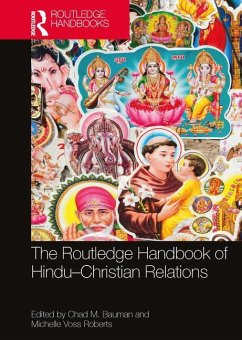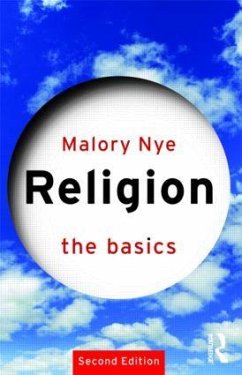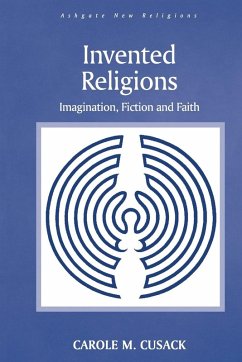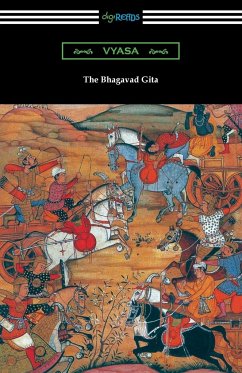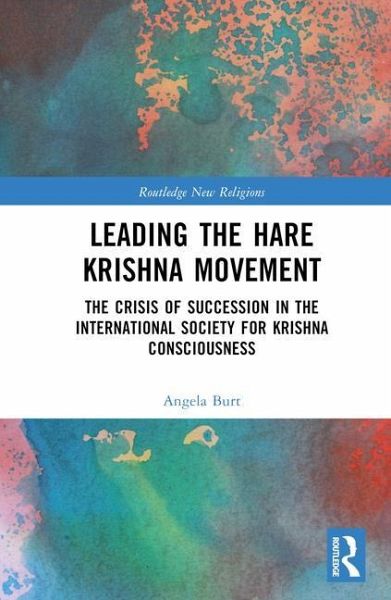
Leading the Hare Krishna Movement
The Crisis of Succession in the International Society for Krishna Consciousness
Versandkostenfrei!
Versandfertig in 6-10 Tagen
154,99 €
inkl. MwSt.
Weitere Ausgaben:

PAYBACK Punkte
77 °P sammeln!
This book examines issues of leadership and succession in the International Society for Krishna Consciousness (ISKCON) which was founded in by A. C. Bhaktivedanta Swami Prabhupada in 1966. After the founder's death in 1977, the movement was led by a group of gurus in a "zonal system" until their authority was challenged and reformed in the mid-1980s. At the heart of the book is an exploration of the developments, conflicts, and defining characteristics of leadership in ISKCON in this decade. Themes of hierarchy, status, power and authority, and the routinisation of charisma are shown to be key...
This book examines issues of leadership and succession in the International Society for Krishna Consciousness (ISKCON) which was founded in by A. C. Bhaktivedanta Swami Prabhupada in 1966. After the founder's death in 1977, the movement was led by a group of gurus in a "zonal system" until their authority was challenged and reformed in the mid-1980s. At the heart of the book is an exploration of the developments, conflicts, and defining characteristics of leadership in ISKCON in this decade. Themes of hierarchy, status, power and authority, and the routinisation of charisma are shown to be keys to understanding the events of the time. With careful analysis of interviews and documentary evidence, the research offers a unique insight into ISKCON as an organisation and the broader religious community in which ISKCON is located. The book will be of particular interest to scholars of new religious movements and those concerned with religious leadership.






